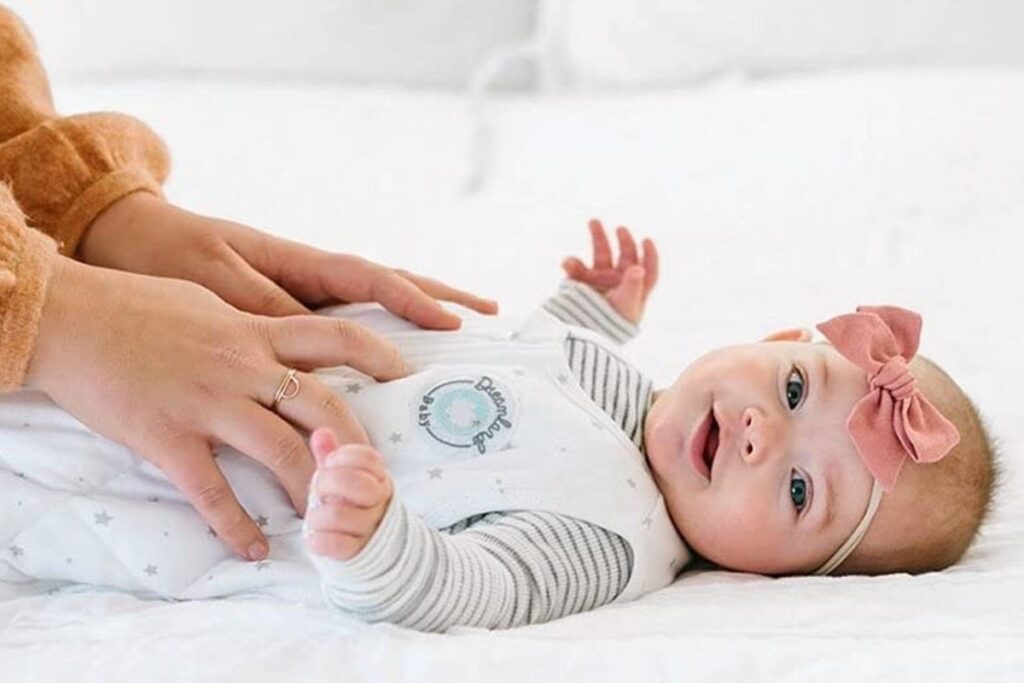If you watch a child staring in wonder at the candles on his first birthday cake, you will know that something is happening behind those big, innocent eyes. It is not always so easy to recognize such a thing. turn back time; From a curious infant to a newborn or even a fertilized egg, it is very difficult to recognize the presence of consciousness in all these stages.
Beyond the philosophical challenge of defining consciousness, scientists have struggled to determine when a developing network of neurons acquires sufficient complexity to be capable of understanding its surroundings in addition to sensing.
According to some scientists, consciousness appears months after the birth of the baby and shortly before the first birthday party. Others believe that our first moments of consciousness may occur immediately after birth.
Tim Bain“Almost everyone who has held a newborn baby has asked themselves what it is like to be a child,” says the philosopher from Monash University in Australia. “We cannot remember our infancy, and researchers disagree on whether consciousness emerges immediately after birth or some time later.”
Bain and a small team of neuroscientists and philosophers from Australia, Germany, the United States, and Ireland reviewed the literature to date to summarize the state of progress regarding the emergence of consciousness. According to their findings, there is enough evidence to prove the initial state of consciousness and it shows that Consciousness can emerge long before birth.
Consciousness is the black hole of neuroscience; A singularity hidden by the event horizon of subjective experience that no one else can access. We can only imagine that other brains, like our own, can transform sound vibrations into songs of joy and sorrow, electromagnetic waves into blue skies, and warm sunsets or the smell of skin into the strength of a mother’s heart.
The physical theory of human consciousness continues to challenge researchers, with no meaningful way to distinguish conscious action from unconscious reaction. We can hardly understand how consciousness works in a mature brain; Let alone the brain that is still being built and formed. The consequences are not insignificant and extend beyond neuroscience to calculations, ethics and even law.



